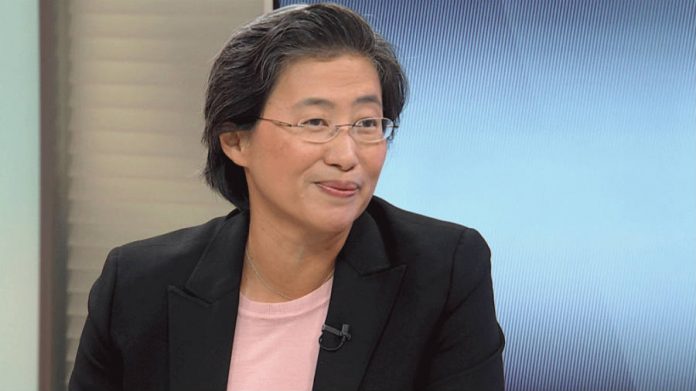
On Tuesday, AMD introduced the Epyc 7000 series of high-performance data center processors. The new family of server chips consists of twelve models in both single-socket and two-socket formats, and they are available to enterprise costumers starting today.
The launch event was led by AMD CEO Lisa Su, who went through the groundbreaking features of the processors and outlined the future of the Epyc lineup through 2020.
Epyc processors will compete against Intel’s Xeon chips in the market for server solutions. Those same chips power the latest iMac Pro, but judging by early benchmark tests, the AMD alternatives are about to become the choice product of many service providers.
AMD Epyc 7000 Series: Specs and features
The AMD Epyc 7000 Series processors were built under the company’s latest Zen architecture, which allows scalability and high performance at record-low costs when compared to their competitors.
Chips in the family range from the standard 7251 with eight cores and sixteen threads to the 7601 with 32 cores and 64 threads. The key here is that these models are capable of delivering two-socket features in a single-socket form factor that is just as powerful and less expensive.
The processors of the Epyc 7000 Series all include 8 memory channels, 128 PCIe lanes, and up to 2 TB of memory per socket, which means two-socket models will get 4 TB if customers so desire it.
Enterprise clients will also get AMD Secure Root-of-Trust and Secure Run technology with their Epyc chips, as well as memory encryption and encrypted virtualization as a byproduct of choosing these systems over others in the market.
AMD Epyc server platforms are only listed as available over at Supermicro’s website, which has different server form factors and motherboards readily equipped with the new chips but shows no price tag for either of them.
Tech giants are excited to get AMD Epyc chips
As part of the launch event of the Epyc 7000 Series, several industry leaders joined AMD and provided forward-looking statements about the future of tech after the rollout of these new platforms.
HP, Lenovo, Dell, ASUS, Samsung Electronics, and Microsoft were just some of the tech giants present at the event. Internet powerhouses like Baidu also expressed their support for Epyc, since it will allow them to make big progress in some areas where processors like these are needed.
Epyc chips are ideal for heavy workloads that range from straightforward HPC (High-Performance Computing) tasks, cloud computing and virtual machines to machine learning models, analytics, database management, and VDI (Virtual Desktop Infrastructure) implementation.
Source: AMD










